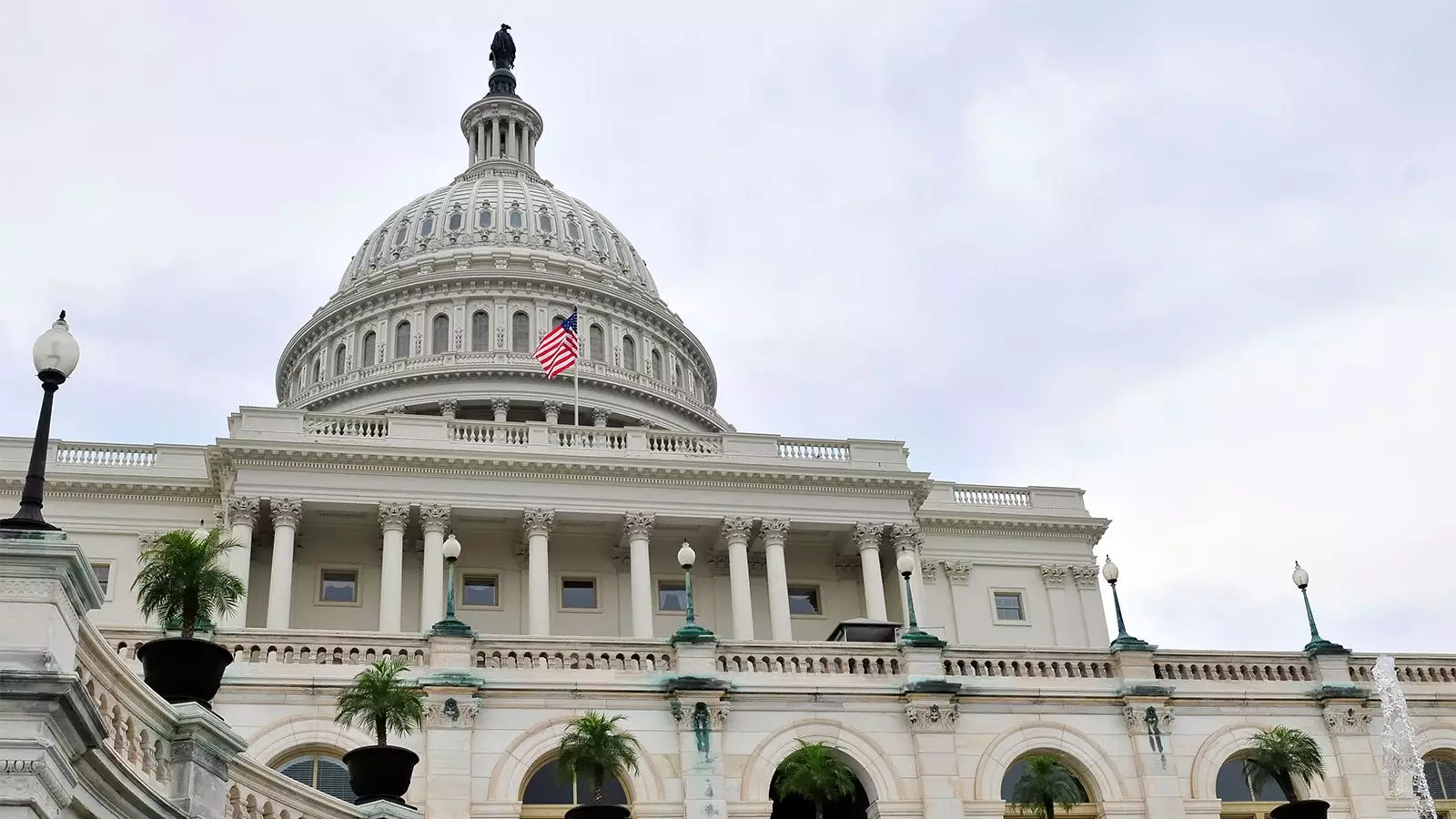The recently released proposed Medicare fee schedule for 2025 has raised concerns among healthcare professionals, as the Medicare “conversion factor” (CF) is at a historically low level. This decrease in the CF means that healthcare providers serving Medicare patients will face even lower reimbursement rates, leading to financial challenges and potential barriers to access to care for patients.
Factors Contributing to the Decrease in CF
The calculation of the proposed CF for 2025 involves several steps by CMS, as outlined in Table 126 of the released document. The reduction in the CF for 2025 can be attributed to the expiration of financial support allocated by Congress for 2024, the 0% adjustment specified by Congress, and the budget neutrality adjustment imposed by law. These factors have collectively led to a significant decrease in the CF, making it challenging for healthcare providers to maintain financial sustainability.
Impact on Specialty Fields
One of the unintended consequences of the proposed CF is the impact on specialty fields such as interventional radiology (IR). IR physicians are expected to face significant pay cuts, despite the cost-effectiveness and benefits of their procedures for patients. The mandated budget neutrality adjustment forces specialty fields like IR to bear the brunt of the financial constraints, highlighting the need for a more nuanced approach to fee schedule adjustments.
While frustrations are directed at CMS for the proposed CF, it is important to recognize that many of the challenges are rooted in statutory requirements set by Congress. Only Congress has the authority to allocate funds to increase the CF, adjust outdated budget neutrality measures, and address the decades-long impact of inflation on physician reimbursement rates. The current state of Medicare reimbursement not keeping pace with inflation poses a threat to patient care and contributes to physician burnout, underscoring the need for legislative action.
In response to the ongoing challenges with the Medicare fee schedule, advocacy efforts have been made in Congress to address the issue. Bills such as H.R. 2474 and H.R. 6371 have been introduced to tackle concerns with Medicare reimbursement, signaling a growing awareness of the need for reform. The establishment of a bipartisan working group by the Senate Finance Committee and the release of a white paper further demonstrate a commitment to finding solutions to protect the Medicare system and ensure access to quality care for beneficiaries.
Call for Congressional Action
As discussions continue around the proposed Medicare fee schedule for 2025, it is essential for Congress to prioritize the needs of Medicare patients and healthcare providers. The outdated payment structure and lack of adjustment for inflation have created significant financial challenges for providers, jeopardizing the sustainability of the Medicare system. By taking decisive action to address the root causes of the issue, Congress can ensure that Medicare remains a reliable source of care for millions of Americans and supports the vital work of healthcare professionals.


Leave a Reply